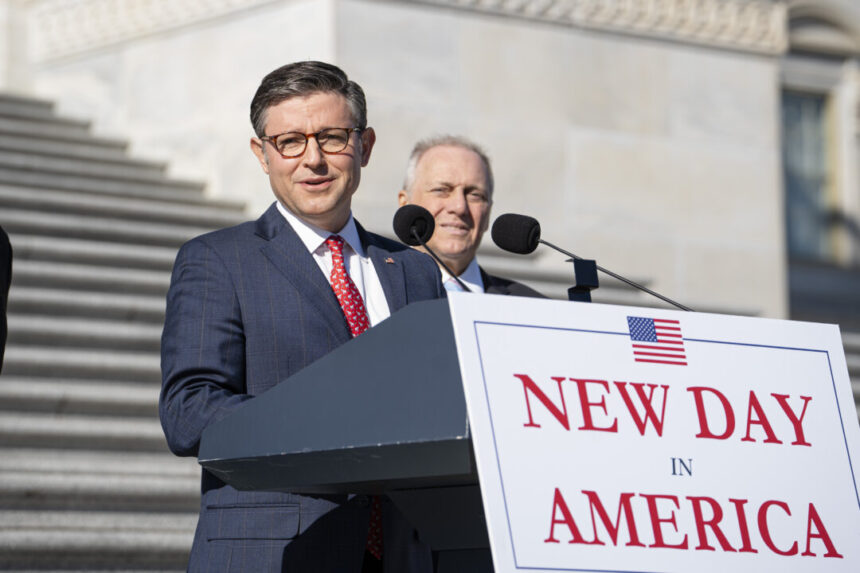With Republicans maintaining control of Congress in January, President-elect Trump will have a smoother path to implement his agenda and fill his Cabinet. This marks the first time since 2016 that the GOP has secured a trifecta in the federal government.
House Speaker Mike Johnson declared victory for Republicans, projecting that they would retain at least 218 seats in the lower chamber. In the Senate, Republicans also secured a majority with 53 seats, giving President-elect Trump significant support.
This unity within the GOP contrasts with the division seen in 2016, as party leaders like House Speaker Paul Ryan and Senate Majority Leader Mitch McConnell are now fully behind Trump’s leadership.
With this GOP win, Trump will have the power to advance his agenda, including immediate changes through executive orders. Additionally, he will have an easier time confirming appointees and pursuing legislative priorities with Republican control of the Senate.
One of Trump’s top goals will be renewing tax cuts, as well as making significant changes to immigration and trade policies. With the Senate majority and unified Republican support, the President-elect is poised to make substantial progress in his second term.
Over 1,200 positions within the executive branch require Senate confirmation, giving the Senate significant influence over the shaping of the government.
With control of the Senate, Trump was able to make significant changes to the judiciary during his first term in office.
New additions to the Senate GOP include Dave McCormick from Pennsylvania, Jim Justice from West Virginia, Tim Sheehy from Montana, and Bernie Moreno from Ohio. Additionally, Ohio Governor Mike DeWine will appoint a replacement for Vance, who is stepping into the role of vice president.
House
While Republicans are expected to maintain their majority in the House of Representatives, the margin is narrower than desired.
Current projections show Republicans holding 221 seats in the 119th Congress, compared to Democrats’ 214.
The departure of representatives Elise Stefanik, Mike Waltz, and Matt Gaetz to join the Trump administration will further reduce the Republican majority temporarily.
Speaker Johnson aims to secure a second term leading the House, despite facing criticism from prominent conservatives in the current Congress.
The smaller majority may lead to challenges in passing key legislation, such as tax laws, requiring strong unity among Republicans.
The House will play a crucial role in advancing Trump’s agenda, particularly in crafting tax legislation and other policy initiatives.
Republicans are considering budget reconciliation for passing Trump’s proposals, but achieving consensus within the divided party may prove difficult.






